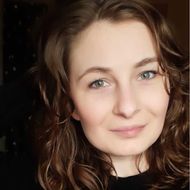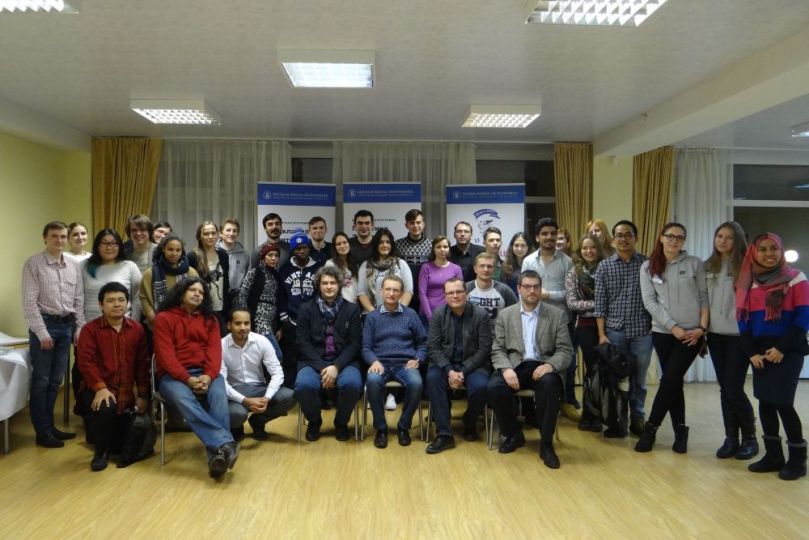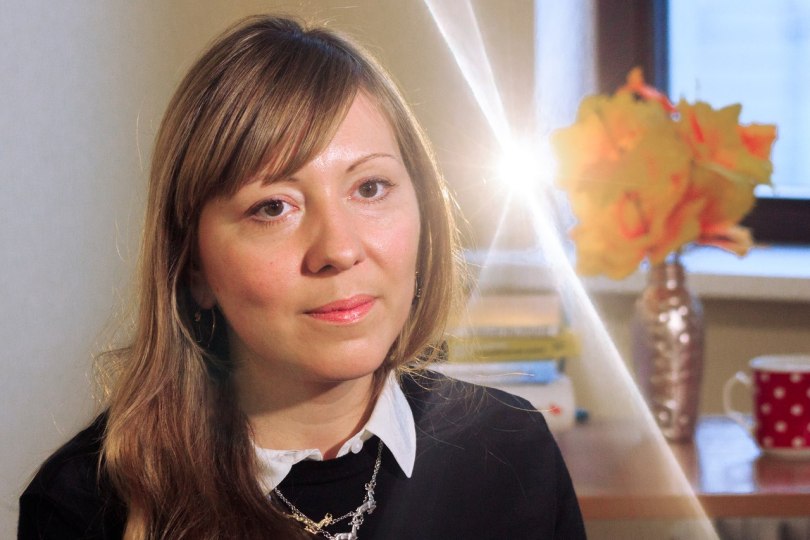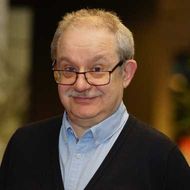The Journal of Economic Sociology has been accepted for inclusion into Scopus, the largest abstract and citation database of peer-reviewed literature. The Journal of Economic Sociology has successfully gone through a review process and evaluation governed by The Content Selection & Advisory Board (CSAB), with the participation of international experts. Integration of the Journal of Economic Sociology’s content into Scopus coverage is expected in the near future.
Only 2% of Russians consider themselves financially literate. One in 10 people signs contracts without reading them. Almost half of all depositors do not understand what state insurance of private savings means. One third of the population can manage their individual budget, but do not know their way around the financial services market.
Undergraduate and master’s students of the HSE Faculty of Communications, Media and Design, together with the School of Sociology and School of Political Science are launching a research project on the need for design solutions in Moscow’s districts.
Master’s programme in Comparative Social Research was launched in 2014 and has been rapidly developing since. Its Academic Supervisor Christian Fröhlich talks about what the programme offers the applicants and what makes it unique.
On February the 2nd, 2016 the on-site review of the proposal for the German-Russian PhD Programme «Informality and Institutions. A Russian-German Comparative Perspective» submitted to the Deutsche Forschungsgemeinschaft (DFG) took place in Berlin.
An elderly person can be described as aging successfully when they maintain good health and engage in fulfilling social activities. According to Larisa Kosova, Director of the HSE Joint Economic and Social Data Archive, poor health and a lack of savings often prevent older people in Russia from enjoying retirement.
On January 31st – February 3
rd 2016, the Winter School of the Faculty of Social Sciences was held at the ‘Voronovo’ Learning Centre, HSE. During the event, potential master’s students took part in master classes, business cases and meetings with students and graduates of the faculty’s educational programmes.
It is increasingly common for scientists to engage the general public in dialogue and involve people in research rather than communicating with them in a haughty or condescending manner. We are witnessing the hybridization of research institutes: researchers are more actively collaborating with the media, civil society, and the customers for research, HSE Associate Professor Roman Abramov and Senior Lecturer at the Department for the Analysis of Social Institutions Andrei Kozhanov noted in an article.
Professor Martin Carnoy of Stanford University and visiting professor at the Higher School of Economics, and Tatiana Khavenson, Research Fellow at the HSE Institute of Education, were among the authors of the report ‘An Analysis of the Impact of Education Policies on Student Achievement in the United States’, which was recently presented in Washington, DC. The key provisions of this report are of use when it comes to analyzing the situation in Russian education.
Dr A Pechurina talked about homes of Russian migrants living in the UK and the challenges of studying them.















